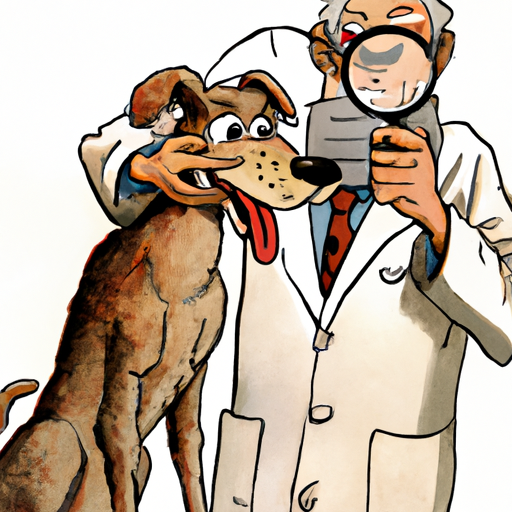Understanding Canine Behavior
You may have noticed that your beloved canine companion has a penchant for licking mouths, both yours and their furry friends. You might find this behavior strange, even off-putting, but for dogs, it’s a deeply ingrained instinct, a form of communication, and a sign of affection. Let’s delve deeper into this peculiar doggy behavior.
The Meaning Behind the Licks
There are several reasons why your dog might be licking mouths:
-
Submission: In the wild, lower-ranking pack members would lick the mouths of their superiors to show submission and respect. Your dog might be showing you they see you as their leader.
-
Affection: Dogs often use licking to show affection. Your dog licking your mouth might just be their way of saying “I love you.”
-
Taste: Dogs have a powerful sense of taste and smell. They might be licking your mouth because they like the taste of the food residue left on your lips.
-
Communication: Dogs can’t talk, so they use body language, including licking, to communicate their feelings and intentions.
Health Implications
While this behavior is generally harmless, there are a few health implications you should keep in mind:
-
Zoonotic Diseases: These are diseases that can be transferred from animals to humans. While rare, it’s possible for a dog’s saliva to carry bacteria or parasites that can make you sick.
-
Allergies: Some people are allergic to dog saliva. If you find yourself breaking out in hives or experiencing other allergic reactions after your dog licks your mouth, it might be best to discourage this behavior.
How to Discourage Mouth Licking
If you’re uncomfortable with your dog licking your mouth, there are a few strategies you can employ:
-
Ignore: If your dog licks your mouth, simply turn your head away and ignore them. They’ll soon learn that this behavior doesn’t get them the attention they crave.
-
Redirect: When your dog tries to lick your mouth, redirect their attention to a toy or treat.
-
Train: Use positive reinforcement to train your dog to stop licking mouths. Reward them for calm behavior and gently discourage licking.
FAQ
Q: Is it unhealthy for a dog to lick your mouth?
A: While it’s generally safe, there’s a small risk of zoonotic diseases. If you’re immunocompromised, you might want to discourage this behavior.
Q: Why does my dog lick my face, but not my hands?
A: Dogs often target the mouth and face because these areas exude strong scents and tastes.
Q: How can I stop my dog from licking my mouth?
A: You can ignore the behavior, redirect their attention, or use positive reinforcement training.
In conclusion, the behavior of dogs licking mouths is a complex mixture of instincts, communication, and affection. So don’t be too alarmed – your dog is just trying to communicate in their own unique way.



